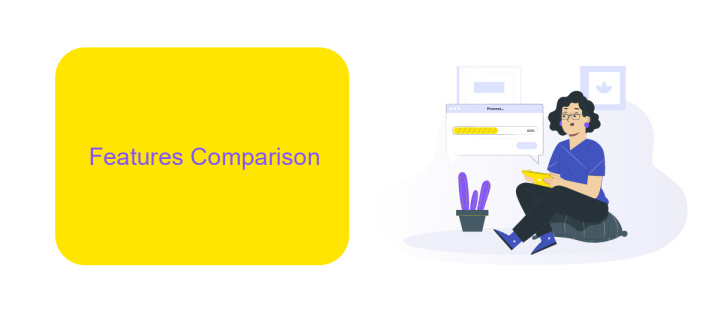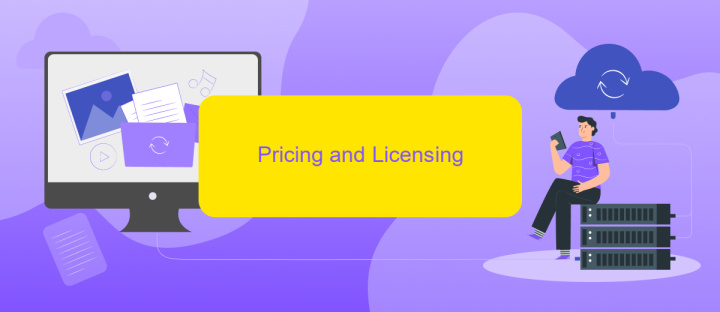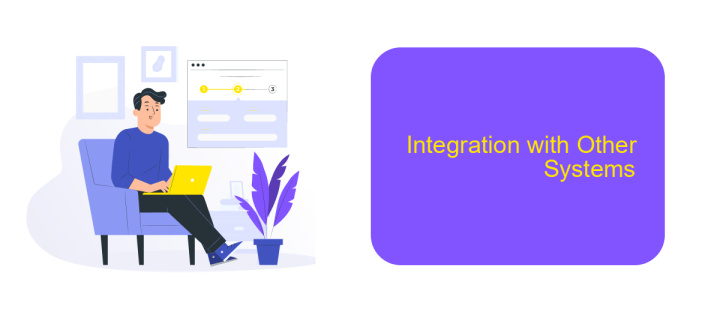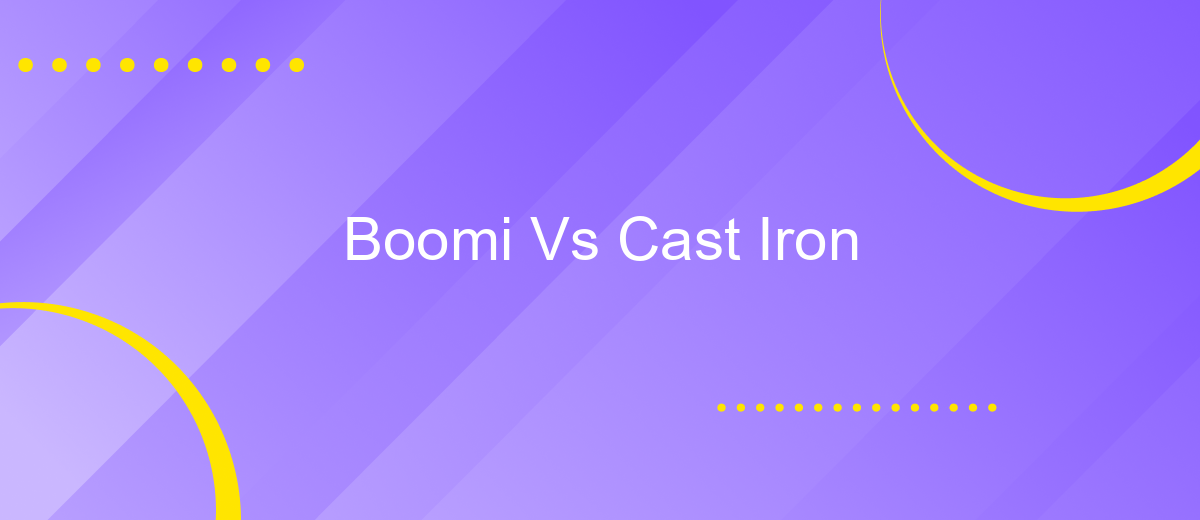Boomi Vs Cast Iron
In today's rapidly evolving digital landscape, businesses are increasingly turning to integration platforms to streamline their operations and enhance connectivity. Boomi and Cast Iron are two prominent solutions in this space, each offering unique features and capabilities. This article delves into a comparative analysis of Boomi and Cast Iron, exploring their strengths, weaknesses, and ideal use cases to help organizations make informed decisions.
Introduction
In the rapidly evolving landscape of business technology, integration platforms play a crucial role in streamlining operations and enhancing productivity. Boomi and Cast Iron are two prominent players in this domain, each offering unique features and capabilities to help businesses achieve seamless integration of their systems and applications.
- Boomi: Known for its cloud-native architecture and extensive connectivity options.
- Cast Iron: Recognized for its robust on-premise integration solutions and strong support for legacy systems.
- ApiX-Drive: A versatile tool that complements both platforms by providing easy-to-use integration services for various applications.
Choosing between Boomi and Cast Iron depends on various factors, including your specific business needs, existing infrastructure, and long-term goals. While Boomi excels in cloud integrations with its user-friendly interface, Cast Iron is preferred for its powerful on-premise capabilities. Additionally, leveraging tools like ApiX-Drive can further enhance your integration strategy by offering simplified and efficient integration processes.
Features Comparison

Boomi and Cast Iron offer robust integration solutions, but they cater to different needs. Boomi excels with its user-friendly interface and extensive pre-built connectors, making it ideal for businesses looking for quick and easy deployment. It also provides comprehensive data transformation capabilities and real-time monitoring, ensuring seamless data flow across various applications. On the other hand, Cast Iron is known for its strong support for complex enterprise integrations, particularly in hybrid cloud environments. It offers powerful tools for designing, deploying, and managing integrations, which can be particularly beneficial for large organizations with intricate IT landscapes.
When it comes to customization and flexibility, Boomi's low-code platform allows users to create custom workflows with minimal coding, which can be a significant advantage for businesses without extensive technical expertise. Cast Iron, while more complex, offers greater flexibility for developers to fine-tune integrations to meet specific business requirements. For those looking for a simpler solution to set up integrations, services like ApiX-Drive can be a valuable addition, providing easy-to-use tools to automate data exchange between different systems without needing deep technical knowledge.
Pricing and Licensing

When it comes to pricing and licensing, both Boomi and Cast Iron offer flexible models to cater to different business needs. Boomi generally operates on a subscription basis, where costs are determined by the number of connections, data volume, and specific features required. Cast Iron, on the other hand, typically offers both subscription and perpetual licensing options, allowing businesses to choose the model that best fits their financial planning.
- Boomi: Subscription-based pricing, scalable based on usage and features.
- Cast Iron: Offers both subscription and perpetual licensing options.
- ApiX-Drive: Flexible pricing plans, ideal for small to medium-sized businesses looking to automate integrations affordably.
For organizations seeking cost-effective integration solutions, ApiX-Drive provides an attractive alternative. With its user-friendly interface and affordable pricing plans, ApiX-Drive is designed to help businesses streamline their integration processes without breaking the bank. This makes it a compelling option for those who need a reliable and budget-friendly integration service.
Integration with Other Systems

When comparing Boomi and Cast Iron, one significant aspect to consider is their ability to integrate with other systems. Both platforms offer robust integration capabilities, but they cater to different needs and environments.
Boomi excels in cloud-based integrations, providing a seamless connection between various SaaS applications. Its user-friendly interface and pre-built connectors simplify the integration process. On the other hand, Cast Iron, now part of IBM, is known for its strong enterprise-level integration solutions, particularly in on-premises and hybrid environments.
- Boomi: Cloud-native, extensive pre-built connectors, user-friendly interface.
- Cast Iron: Strong enterprise integration, on-premises and hybrid support, backed by IBM's ecosystem.
- ApiX-Drive: Facilitates easy integration setup, supports multiple platforms, and offers real-time data synchronization.
Considering your specific integration needs, both Boomi and Cast Iron have their unique strengths. Additionally, services like ApiX-Drive can further streamline the integration process by providing a versatile platform that supports multiple systems and real-time data synchronization, ensuring that your business operations run smoothly.
Customer Support and Resources
Boomi provides robust customer support with multiple channels including phone, email, and live chat. Their extensive knowledge base and community forums offer a wealth of resources, enabling users to troubleshoot and optimize their integrations effectively. Additionally, Boomi offers comprehensive training programs and certification courses to ensure users can maximize the platform’s capabilities.
Cast Iron, part of IBM, also offers strong customer support through various channels such as phone and email. Users can access a detailed knowledge base and participate in community forums to find solutions and share insights. Furthermore, Cast Iron benefits from IBM's extensive resources, including in-depth documentation and training programs. For those seeking more streamlined integration solutions, services like ApiX-Drive can be a valuable addition, providing user-friendly tools to simplify and automate integration processes.


FAQ
What are the primary differences between Boomi and Cast Iron?
Which platform is more suitable for small to medium-sized businesses?
How do Boomi and Cast Iron handle API integrations?
What are the cost considerations when choosing between Boomi and Cast Iron?
Is there a service that can help with the automation and integration setup for either platform?
Time is the most valuable resource for business today. Almost half of it is wasted on routine tasks. Your employees are constantly forced to perform monotonous tasks that are difficult to classify as important and specialized. You can leave everything as it is by hiring additional employees, or you can automate most of the business processes using the ApiX-Drive online connector to get rid of unnecessary time and money expenses once and for all. The choice is yours!

